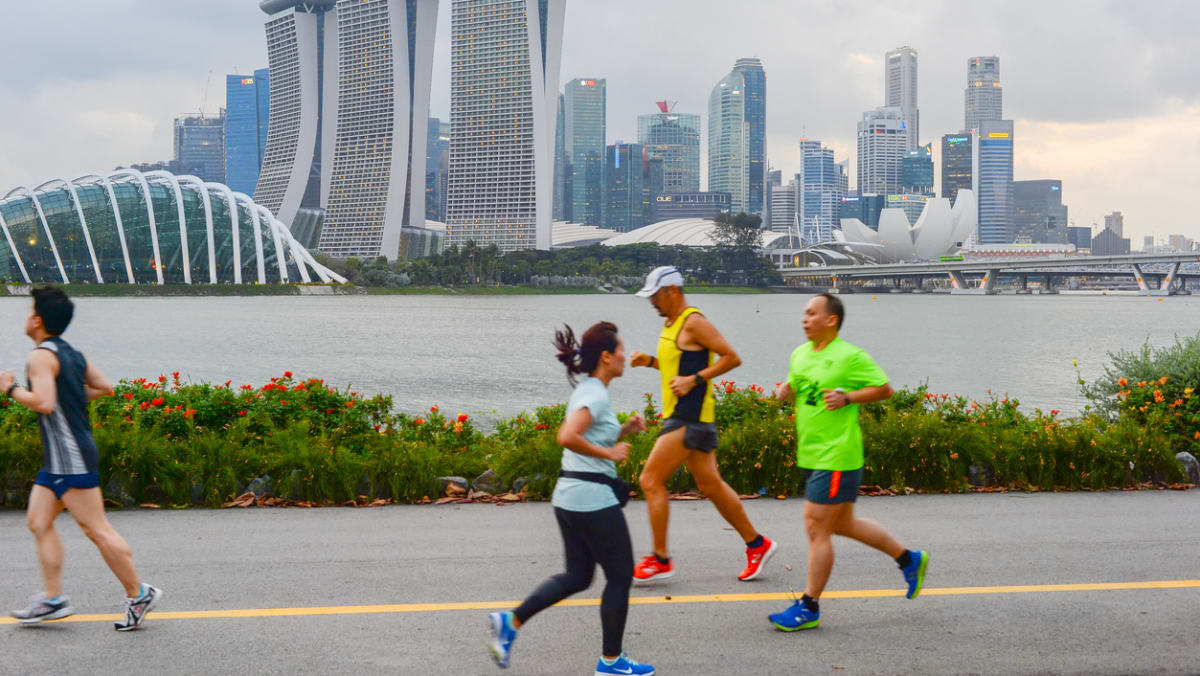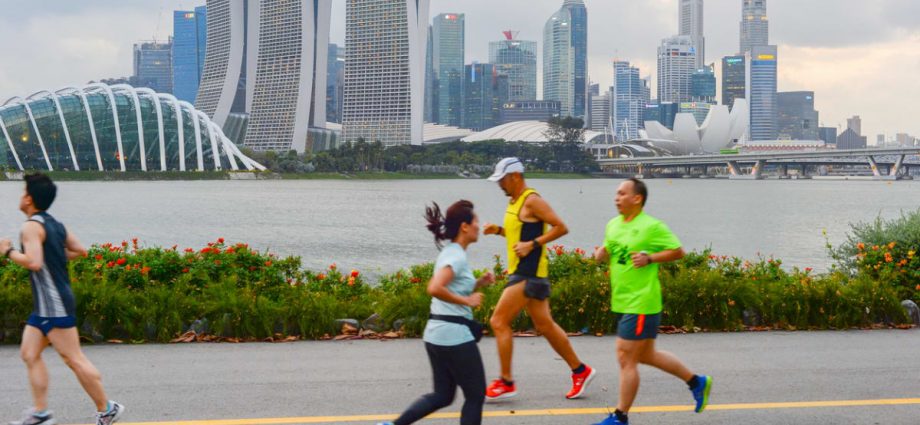
During the debate on Healthier SG, which started on Tuesday, Health Minister Ong Ye Kung spelt out the key features of the healthcare reform plan.
Here’s what you need to know:
ONE FAMILY DOCTOR
Healthier SG aims to have one family physician and one health plan for everyone.
Under the plan, each resident chooses the family doctor or clinic. From there, they can develop health plans with their doctors, who will continue to monitor their progress via follow-ups.
This will provide an overview of their health status, medical needs as well as health goals, followed by an action plan, such as lifestyle adjustments or weight management.
The hope is that this will help family doctors build strong relationships with their patients, playing a bigger role in preventive care.
The enrolment will commence in the second half of 2023, starting with residents aged 60 and above before being gradually made available to those between 40 and 59 years old.
Flexibility will be provided for residents to change their enrolled doctor if they need to do so, such as if they move house or find a more suitable doctor.
As for those who are enrolled with a doctor, they can also continue to visit other doctors, including specialists taking care of their chronic illnesses.
The Government will also take steps to manage enrolment demand at GP clinics and polyclinics, following concerns from some residents that they might get squeezed out if their regular doctor is very popular.
This includes working with the clinics to see who their regular patients are and conducting the enrolment exercise in stages to avoid overwhelming demand.
Mr Ong also encouraged people to enrol early so that they can choose their preferred clinics.
FREE HEALTH SCREENINGS
Once a resident enrols under Healthier SG, they will get free annual check-ups with their family doctor, nationally recommended health screenings, and vaccinations.
The screening include three common chronic conditions and some cancers.
They are: Type 2 diabetes, hypertension, and hyperlipidaemia as well as breast, cervical, and colorectal cancer.
As for those with specific risk factors, they may be referred for further tests.
Complex screenings such as colonoscopies will continue to be heavily subsidised in hospitals but will not be free.
Immunisations include the influenza and pneumococcal vaccinations for those aged 65 and above or have specific medical conditions.
USING MEDISAVE
Those using MediSave to pay for the treatment of chronic illnesses will no longer have to co-pay 15 per cent of the bill using cash.
Instead, they will be able to pay the full amount with MediSave.
Noting that most Government subsidy schemes require some co-payment from residents to reflect a “sharing of responsibility”, Mr Ong said this further subsidy is justified as it will result in personal actions to make changes and lead a healthier life.
ADDITIONAL SUBSIDIES
An additional subsidy tier will be added to the Community Health Assist Scheme (CHAS) for common chronic drugs and drug price limits.
This is to level the significant price difference of drugs between GP clinics and polyclinics, so that residents will be encouraged to stick with the family doctor of their choice.
All enrolled Singaporean CHAS card holders, including Pioneer Generation and Merdeka Generation card holders, will be able to benefit from this.
Mr Ong pointed out that the price will not be able to equalise “down to the last cent” as the basis of calculating subsidies at polyclinics and for CHAS are different.
However, the current difference in drug prices between polyclinics and private GP clinics will be “substantively” removed, he said.
MORE COMMUNITY HEALTH-RELATED ACTIVITIES
Community partners such as the People’s Association and Sport Singapore will also organise more health-related activities. This ranges from ball games and brisk walking to Zumba classes and community gardening.
Public infrastructure such as sports facilities, parks and park connectors are also being enhanced to support active lifestyles.
EARNING POINTS FOR HEALTHY LIFESTYLE
To encourage residents to adopt and sustain a healthy lifestyle, health points will be awarded for physical activity and making healthier food purchases. These can then be exchanged for rewards offered by participating merchants including supermarkets and shopping malls.
The Healthy 365 app, which is currently used for initiatives such as the National Steps Challenge and the Eat Drink Shop Healthy Challenge, will also be enhanced to include features such as tracking calorie intake.
It has also been made compatible with digital health apps such as Apple Health Kit, Fitbit, and Samsung Health, to make it more accessible to the public.

